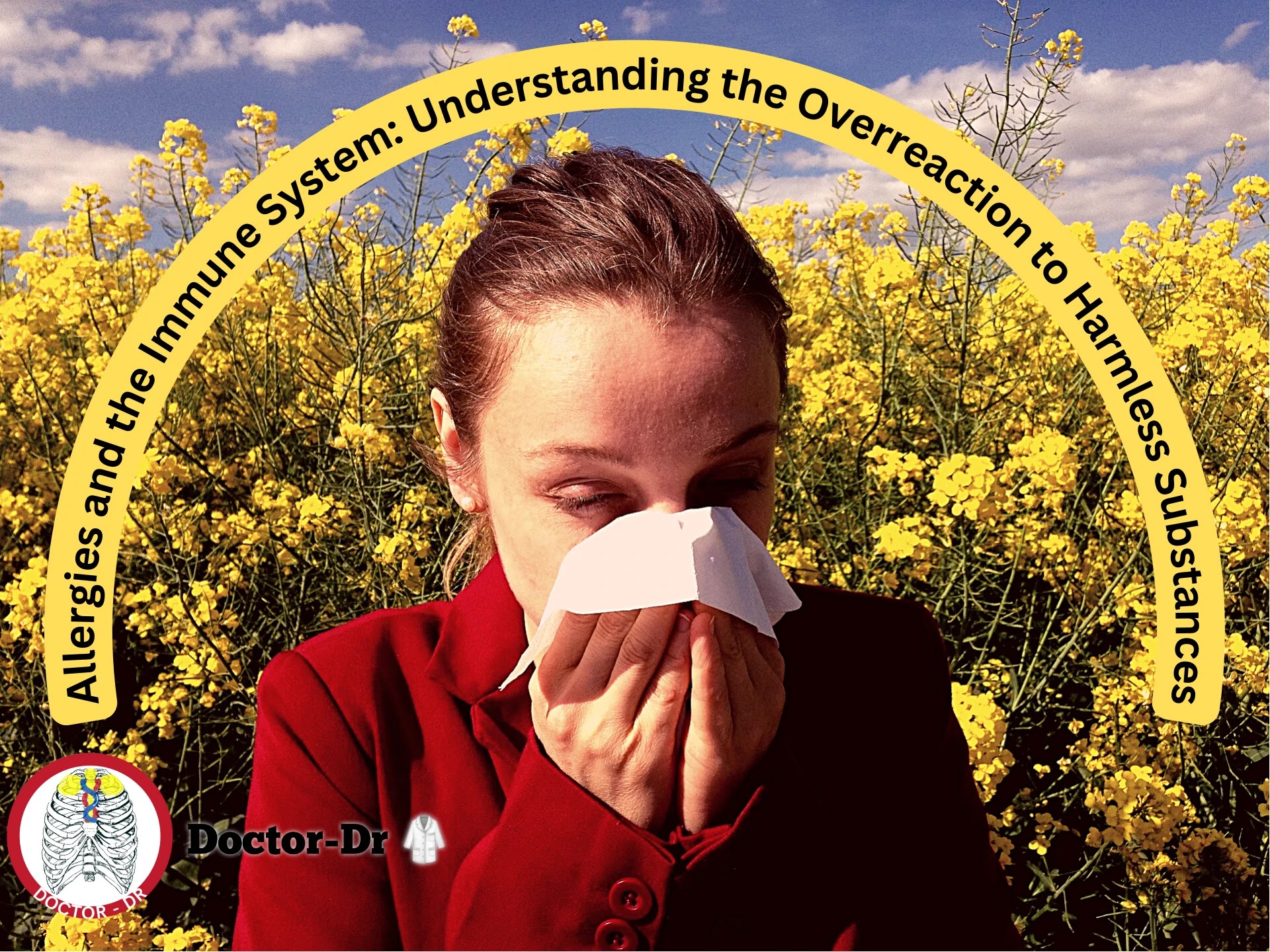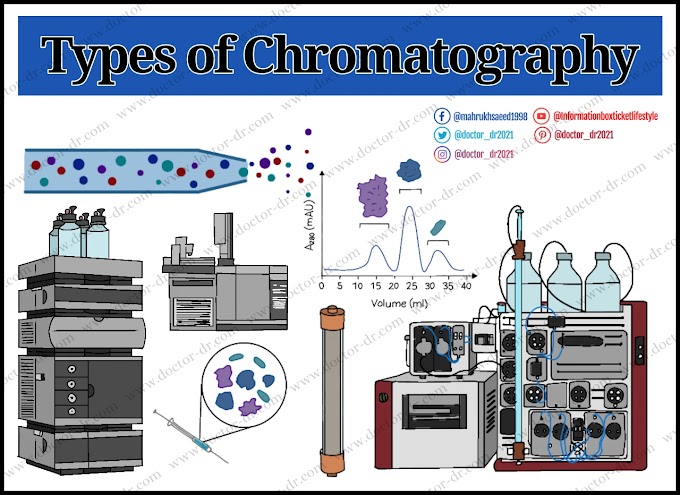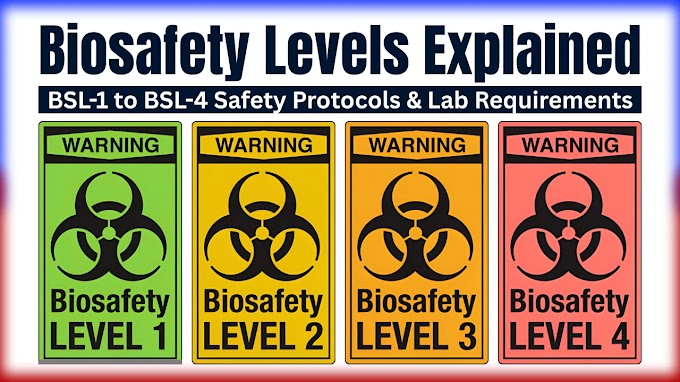Introduction
Allergies are a common condition that affects millions of people worldwide. Allergies occur when the immune system overreacts to what it perceives as a threat, even though the substance is harmless. Understanding how the immune system reacts to these substances is essential to managing allergies effectively.
What are allergies?
Allergies are a result of the immune system's response to a foreign substance, known as an antigen. The immune system produces specific antibodies called immunoglobulin E (IgE) that attach to mast cells and basophils. Upon subsequent exposure to the antigen, the IgE antibodies trigger the release of histamine and other chemicals, causing inflammation and a range of symptoms.
How does the immune system react to harmless substances?
The immune system recognizes an antigen as a threat and produces IgE antibodies to attack and neutralize the substance. IgE antibodies attach to mast cells and basophils, which release histamine and other chemicals upon subsequent exposure to the antigen. These chemicals cause inflammation and a range of allergic symptoms.
Common allergens
Common allergens include pollen, dust mites, animal dander, mold, certain foods, insect venom, and medications. Allergies can also be influenced by genetics and environmental factors such as pollution.
Symptoms of allergies
Allergic symptoms can range from mild to severe and can include sneezing, runny nose, hives, itching, swelling, and difficulty breathing. Anaphylaxis is the most severe form of an allergic reaction and requires immediate medical attention.
Diagnosing allergies
Diagnosing allergies involves a physical examination, medical history, and allergy testing. Allergy testing may involve skin prick tests, blood tests, or patch tests to identify specific allergens that trigger an allergic reaction.
Treating allergies
Treatment for allergies typically involves avoiding the allergen, taking medication to relieve symptoms, and receiving immunotherapy. Avoiding the allergen is the most effective way to prevent an allergic reaction. Medications such as antihistamines, decongestants, and corticosteroids can help alleviate symptoms. Immunotherapy involves gradually exposing the immune system to small amounts of the allergen over time, which can reduce the severity of allergic reactions.
Conclusion
In conclusion, allergies occur when the immune system overreacts to harmless substances, leading to a range of symptoms. Understanding the role of the immune system in allergies is essential to managing this common condition effectively. By avoiding allergens, taking medication, and receiving immunotherapy, people with allergies can improve their quality of life and reduce the risk of severe allergic reactions.



~1.webp)

.webp)


